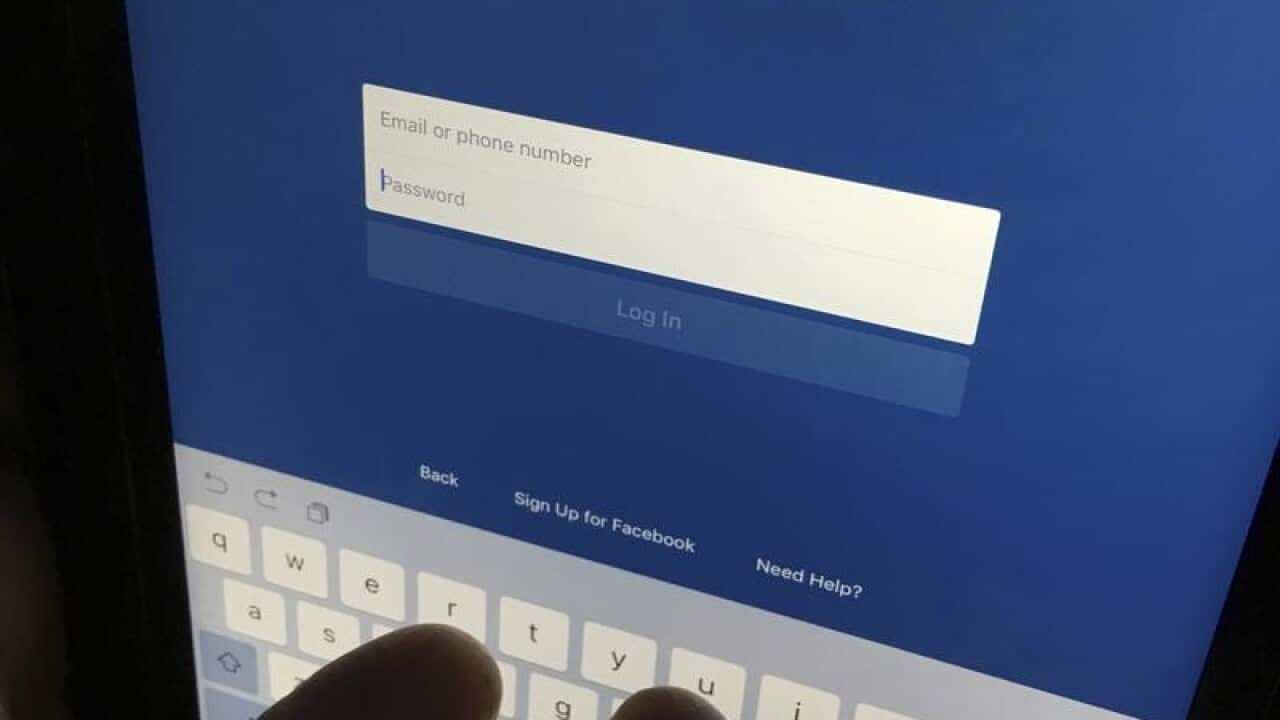Lawyers for former national security adviser Michael Flynn have halted communications with US President Donald Trump's legal team, a potentially critical step in the probe into contacts between Trump's election campaign and Russia.
Flynn's lawyer, Robert Kelner, called John Dowd, Trump's private lawyer, on Wednesday to say the matter had reached a point where the two could no longer could discuss it, two people familiar with the call told Reuters on Friday.
The New York Times first reported that the two sets of lawyers had stopped communicating.
Flynn, a retired Army general, is a central figure in a federal investigation led by Special Counsel Robert Mueller into whether Trump aides colluded with alleged Russian efforts to boost his 2016 presidential campaign.
It was not clear whether Kelner made the call because he had negotiated a plea agreement with Mueller for Flynn to cooperate in the probe, or because Flynn had decided to engage with Mueller, said two other sources.
"No one should draw the conclusion that this means anything about General Flynn cooperating against the president," Jay Sekulow, another Trump lawyer, said on Thursday.
Dowd on Friday declined to comment on the matter, as did Peter Carr, Mueller's spokesman. Kelner also declined to comment. White House officials also have declined to comment.
The cooperation of Flynn, who was a top campaign adviser before becoming Trump's national security adviser in the White House, would be a major asset in Mueller's investigation.
In March, as he unsuccessfully sought immunity for his client to testify to House and Senate investigations into the issue, Kelner said, "Mr Flynn certainly has a story to tell, and he certainly wants to tell it, should the circumstances permit."
Two sources familiar with Mueller's investigation said Flynn may be able to provide insight into three major areas of inquiry.
These are: any collusion between the Trump campaign and Russia in the 2016 campaign; money laundering and other possible financial crimes by Trump aides; and whether Trump sought to obstruct justice when he fired former FBI Director James Comey in May, as Comey was probing the Trump campaign's dealings with Russia.











